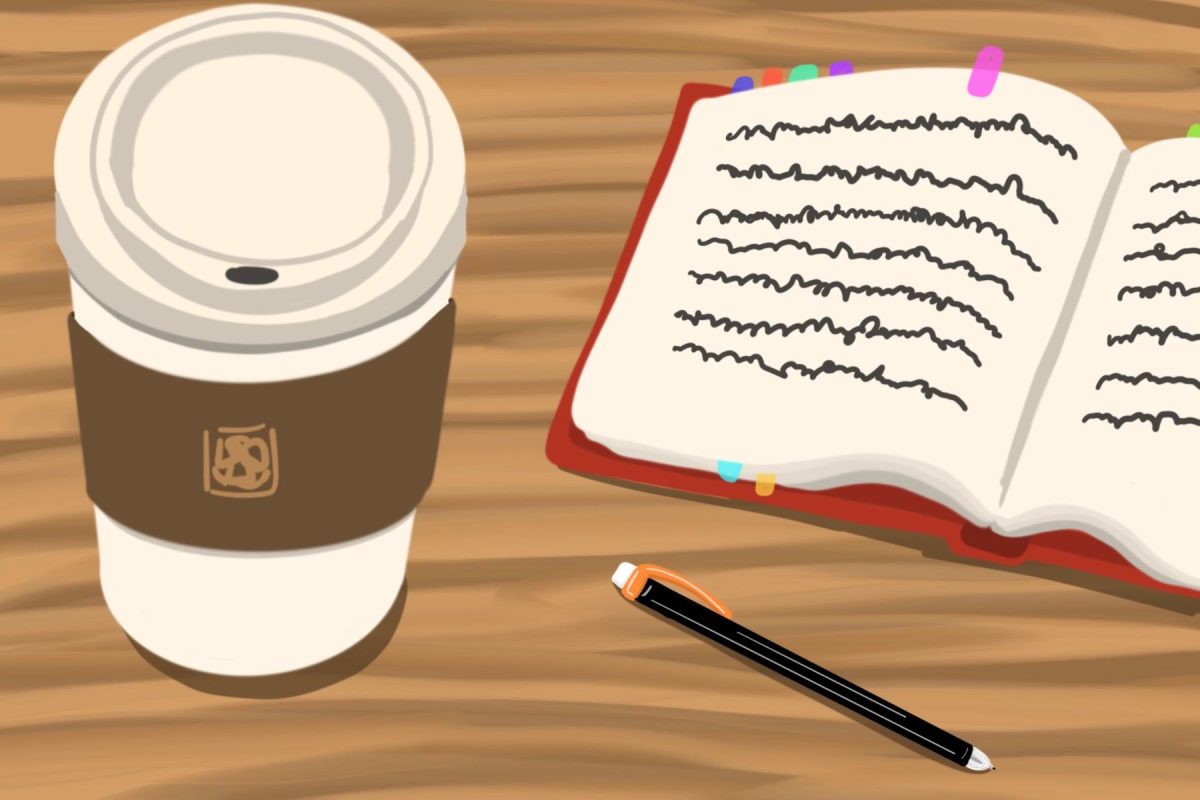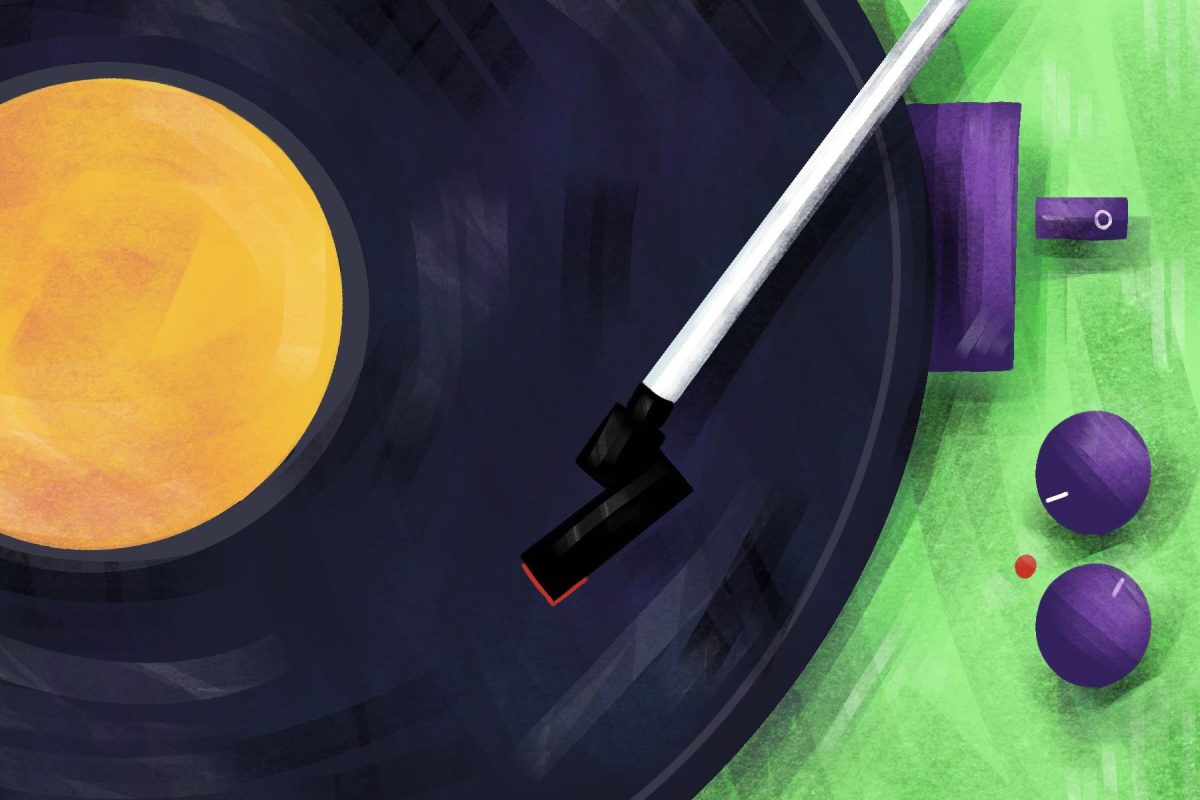Every summer, when life comes to a standstill, and classes finish, we should all take some time to sit down, calm down and read a good book. I’m talking about the kind of book whose words settle in our thoughts, whose characters speak to us, whose story navigates its way through our dreams. For a long time, books were this: A place to escape reality. Yet more and more, free reading takes the backseat when it comes to how we, as students, spend our free time.
At times, we psych ourselves out. “I’ll read later,” my friends say, among other excuses. “I read on the Internet;” you don’t read on the Internet, you information hunt on the Internet. “I read a lot for school;” when’s the last time you’ve read for yourself? “I’m busy;” set aside 20 minutes before you go to sleep. Carry a book with you in your backpack, always. Or, “I’m lazy,” but I can’t argue that.
There is a certain stigma associated with free reading. The introvert and lonely librarian comes to mind. The excitement of college leads us away from books. If nothing else, reading feels boring. At large, free reading has become uncool and unexciting. That is, if we don’t know how to read the right way.
We cannot deny the benefits of free reading. When I say “free reading,” I mean reading aside from school or work. Several months ago, a medical Fellow mentioned to me that he only reads “medical books” in his free time. My skin crawled. Our free time should be spent acquainting ourselves to the other side, the stories we don’t experience ourselves. Free reading should take us away from the mundane, our everyday lives, equip us with ideas of which we’d otherwise be ignorant. Sometimes, we get so occupied in a narrow field of interest that we distance ourselves from the rest of the world. College coursework will definitely do this us, if we don’t do it to ourselves already. In every way, free reading calms our self-absorption.
So, as I write this in a bookstore, I can’t help but feel sorry for those who don’t have the attention span to pick up a book and read it. Here, in silence, I’m surrounded by people who’ve been sitting for hours, captivated by words on a page. I see fingers thumping and feet tapping, to the rhythm and pace of reading. These people know how to read the right way. I find it amazing how books can do this to us, how they hypnotize our brains. Reading for pleasure takes us beyond what we encounter on the Internet. It is not entertainment. It is illumination. Reading, pondering each sentence, slowly, is not a passive activity. It requires a different kind of attention; it makes us slow down and take a little time for ourselves. As fast-paced, recreation-driven and smug our lives are, we could all do for some calm humility, listening to the voice of another, a writer we don’t know. With reading, we’re here to listen. That’s all.
Reading, at times, feels like self-sacrifice, but it shouldn’t be like this. With behemoth textbook reading assignments, the lot of us has grown apathetic about reading. A professor of mine assigned thirty pages of textbook material weekly last semester. A friend of mine taught me to approach the reading like a novel. Let the sentences run together. Let the words and ideas settle overnight. Don’t worry about taking notes, or getting every detail. The textbook writers know that we’re not familiar with the technical jargon, just as the best novelists paint vivid storylines and craft memorable characters. We’re able to run through 800-page Harry Potter novels in a couple days, so why can’t we read our textbooks like this? My friend, who rarely studied the traditional way, spent eight hours reading the textbook quietly the day before exams. He came out with an A+.
If not anything else, free reading will teach us how to read the right way, to slow down and take in information, to truly listen. If we are reading the right way, we shouldn’t be targeting juicy bits of information, finding headlines or bold print. We read the information as it’s presented to us sequentially, taking in the ideas as they come.
Reading is a task in patience and persistence. Talented readers see life in shades that our singular lives cannot offer us, drawing from past and present writers. They know how to appreciate the little things and find significance in nothing. So pick up a book this summer. Find something that you’re not familiar with, but interested in, and read it from cover-to-cover. You won’t regret it.
Tarif Haque is a sophomore majoring in computer science.








